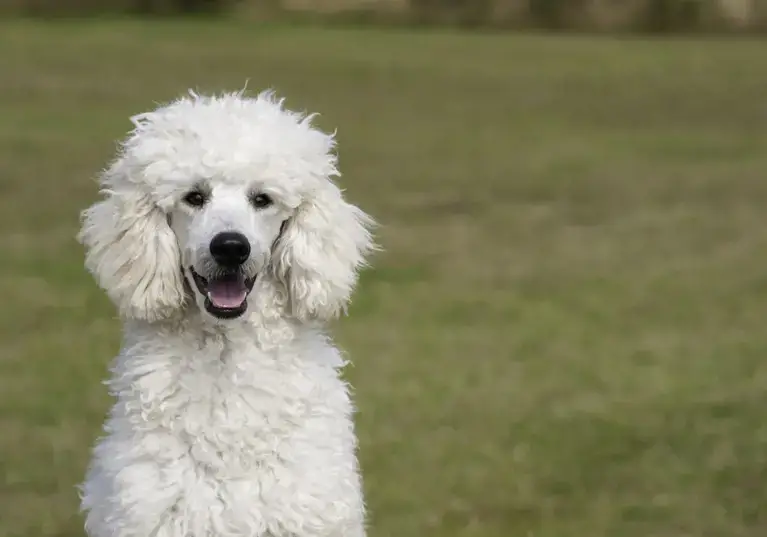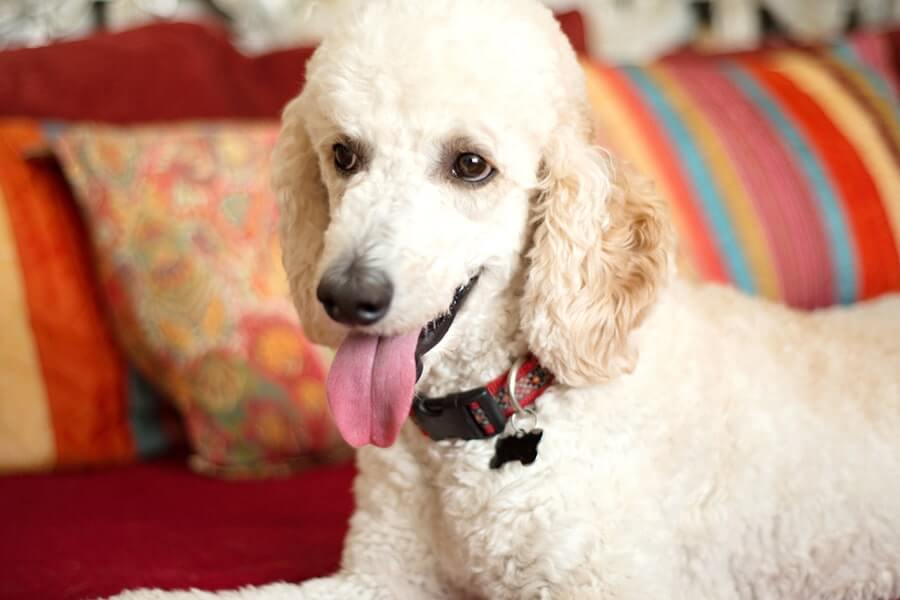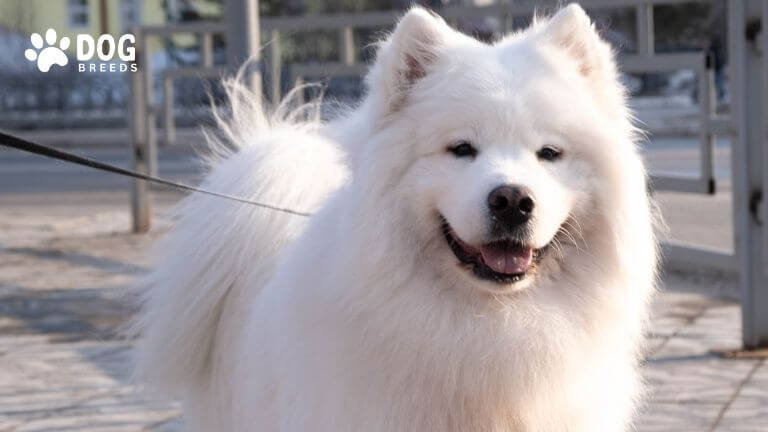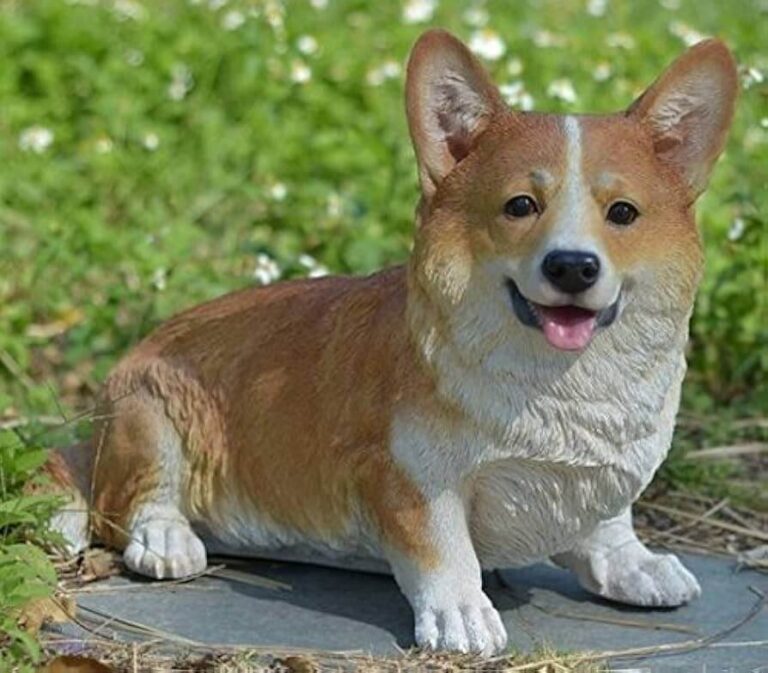Standard Poodle Dog Breed: The Elegant Athlete of the Canine World
Graceful, brainy, and endlessly versatile, the Standard Poodle isn’t just a pretty face in a fancy haircut. Beneath that signature curly coat lies one of the most athletic, intelligent, and emotionally attuned dogs in the entire canine kingdom.
Originally bred as a water retriever for duck hunters, the Standard Poodle has evolved into a beloved family companion, performance star, and hypoallergenic hero. Whether you’re considering adding one to your home or simply admiring from afar, understanding this breed means uncovering layers of beauty, brains, and boundless energy.
Breed Overview: A Noble and Nimble Companion
Breed Group: Non-Sporting (AKC)
Size: Medium to Large
Height: 18–24 inches at the shoulder
Weight: 40–70 pounds
Lifespan: 10–18 years
Coat: Curly, dense, low-shedding
Colors: Black, white, brown, red, silver, apricot, parti-color, and more
Temperament: Intelligent, energetic, loyal, eager to please
The Standard Poodle is the largest of the three Poodle varieties (the others being Miniature and Toy). All share the same hallmark features — a tightly curled coat, square build, and a personality that blends sensitivity with spirited enthusiasm.
Origins and History: From Water Dog to World Star

Despite its chic image, the Poodle’s story begins in muddy marshlands, not fashion magazines.
Most historians agree the Standard Poodle originated in Germany, where it was known as the Pudelhund — a “splashing dog” used for retrieving waterfowl. The breed’s waterproof coat and high intelligence made it a natural for hunting in cold rivers and lakes. Later, the French refined the breed, developing the aesthetic grooming styles we recognize today. In France, it’s known as the Caniche — a nod to its duck-hunting roots.
As Poodles gained popularity across Europe, smaller versions were bred for circus performance and companionship, giving rise to the Miniature and Toy Poodles.
🧠 Did You Know?
The elaborate “Continental Clip” originally had a purpose: to protect joints and vital organs in icy water while allowing freedom of movement.
Standard Poodle Personality and Temperament
Standard Poodles are incredibly intelligent — often ranked among the top three smartest dog breeds. But intelligence alone doesn’t make them special. It’s their intuitive nature, responsiveness to human emotions, and zest for life that wins hearts.
These dogs are loyal, people-oriented, and eager to please. With proper training and socialization, they do well with children, other pets, and strangers alike.
That said, Poodles thrive on human interaction. Left alone too long, they can develop separation anxiety or engage in attention-seeking behaviors like excessive barking or chewing.
Training a Standard Poodle: A Canine Valedictorian
Standard Poodles love a mental challenge. They’re fast learners and often anticipate your next command. This makes them ideal for:
- Obedience training
- Agility and rally competitions
- Trick training and canine freestyle
- Dock diving and water retrieval sports
- Therapy and service dog work
Use positive reinforcement techniques — treats, toys, and praise — to bring out the best in them. Their sensitivity means harsh corrections can backfire.
🔄 Pro Tip: Keep training sessions varied and engaging to avoid boredom. Poodles will “check out” if under-stimulated.
Exercise Needs: Energy in Elegant Form
Despite their regal appearance, Standard Poodles are not couch potatoes. They’re natural athletes who require both daily physical exercise and mental enrichment.
Aim for at least 1–2 hours of activity per day, including:
- Long walks or jogs
- Fetch games
- Off-leash play in safe areas
- Interactive puzzle toys
- Canine sports
Without adequate outlets, a bored Poodle may turn to nuisance behaviors like digging or hyperactivity.
Grooming a Standard Poodle: High Maintenance, High Reward
The Poodle’s hypoallergenic coat may be allergy-friendly, but it comes at the cost of high grooming needs.
Their hair grows continuously and doesn’t shed like typical dog fur. Instead, it tangles and mats if not maintained.
Grooming Needs:
- Brushing: Every other day (daily for full coats)
- Professional grooming: Every 4–6 weeks
- Bathing: As needed (typically every 3–4 weeks)
- Ear cleaning: Weekly
- Nail trimming: Biweekly
- Dental care: Daily brushing recommended
Most pet parents opt for simpler styles like the “puppy clip” or “sporting clip,” though show dogs often sport the dramatic “Continental clip.”
Standard Poodle Health Issues
Thanks to careful breeding and health screening, Standard Poodles are generally robust dogs. However, like all breeds, they are prone to certain hereditary conditions.
Common Health Concerns:
- Hip Dysplasia: Malformed hip joint causing pain and arthritis.
- Bloat (Gastric Dilatation-Volvulus): Life-threatening stomach twisting. Learn the signs and consider preventive gastropexy.
- Idiopathic Epilepsy: Seizures typically starting between 2–5 years of age.
- Von Willebrand Disease: A clotting disorder more common in Poodles; genetic testing available.
- Sebaceous Adenitis: An autoimmune skin condition leading to patchy hair loss and flaky skin.
- Ear Infections: Due to floppy ears and hair in the canal — regular cleaning helps.
✅ Always work with reputable breeders who conduct OFA, CERF, and DNA testing for known conditions. Early pet insurance is also wise.
Explore more on dog-breeds.org’s dog health library for in-depth care tips.
Nutrition and Feeding Tips
Standard Poodles need a balanced, high-quality diet that supports their active lifestyle and lean muscle mass.
Nutritional Guidance:
- Protein-first formulas with healthy fats
- Consider large-breed adult formulas to reduce bloat risk
- Feed multiple small meals per day (instead of one large meal)
- Avoid exercise directly after eating
- Monitor weight and adjust calories as needed
Treats are great for training, but use moderation — obesity can worsen joint and skin issues.
Living with a Standard Poodle: Is This the Right Dog for You?
If you’re looking for a low-shedding, trainable, and affectionate dog that can keep up with an active lifestyle — the Standard Poodle may be your perfect match. But they’re not the right choice for everyone.
Ideal Home:
- Families with time for grooming and training
- Active individuals or couples
- Allergy-sensitive households
- Homes with older children or respectful younger kids
- Pet parents looking for a canine sport or therapy partner
Not ideal for:
- Low-activity households
- People who travel frequently or work long hours
- Anyone seeking a low-maintenance breed
Frequently Asked Questions About Standard Poodles
Is a Standard Poodle a good family dog?
Yes! With proper training and exercise, they are affectionate, protective, and gentle with children. Always supervise young kids due to the breed’s size and energy.
What makes Standard Poodles different from Miniature or Toy Poodles?
Size is the primary difference. Standard Poodles are more athletic and better suited for active homes, while the smaller versions are more portable but equally intelligent.
How big does a Standard Poodle get?
Adult Standard Poodles stand 18–24 inches at the shoulder and weigh between 40–70 pounds, with males generally larger than females.
What is a “purebred” Standard Poodle?
A purebred Standard Poodle has a documented pedigree and conforms to breed standards set by registries like the AKC or FCI.
What’s so special about Standard Poodles?
Their unmatched combination of intelligence, elegance, hypoallergenic coat, and versatility — from fieldwork to dog shows — sets them apart as one of the most iconic dog breeds in the world.
Final Thoughts
The Standard Poodle isn’t just a show dog with a fancy haircut — it’s a loyal, hardworking, and sensitive companion with the brains and brawn to thrive in the right home. With regular grooming, training, and exercise, this elegant athlete becomes not just a pet, but a deeply bonded family member.
For more expert advice on choosing, caring for, and living with your ideal canine companion, visit dog-breeds.org — your trusted source for dog breed insights, health guides, and pet parenting tips.
- Standard Poodle Dog Breed: The Elegant Athlete of the Canine World - July 28, 2025
- Golden Retriever: The Ultimate Guide to a Beloved Canine Companion - July 22, 2025
- How Big Can Maine Coon Cats Get? - July 22, 2025







